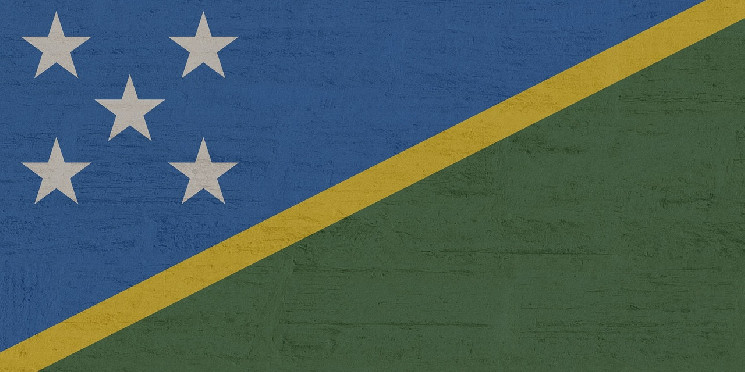The Central Bank of Solomon Islands has revealed a partnership with Japanese blockchain Soramitsu to launch a proof-of-concept for a CBDC named Bokolo Cash.
In a Keynote speech on Tuesday, Solomon Islands Prime Minister Manasseh Sogavare said his country was embarking on the CBDC journey with the goal of leveraging technology as “a catalyst for inclusive and sustainable development, ultimately fostering shared prosperity across our beautiful nation.”
Bokolo Cash will be equivalent to one Solomon Islands dollar, and citizens will be able to use it for transactions in retail environments within the capital city of the island nation, Honiara, as well as for person-to-person transfers.
Commercial banks will test wholesale transfers, along with simulated cross-border payments and remittances. Additionally, users will be subjected to a “two-tier” Know Your Customer verification process, according to Soramitsu.
Bokolo Cash is set to run on a specifically tailored blockchain built on Hyperledger’s Iroha, while will also integrate with Soramitsu’s public Sora blockchain. Through this connectivity, users will have the ability to conduct transfers using QR codes and leverage the self-custody Fearless Wallet, a product developed by Soramitsu.
While the project started in early November, the official announcement was only unveiled earlier this week. The pivotal legislative step, the CBSI Amendment Act 2023, necessary to empower the Central Bank of the Solomon Islands to issue the CBDC, was successfully enacted on November 3rd.
“By embracing digital currency, we position our nation at the forefront of the global technological landscape,” Sogavare continued in his speech. “The CBDC Pilot Project signifies our commitment to embracing the future, capitalizing on the efficiency, transparency, and security that digital currency offers.”
The Solomon Islands, comprising over 900 islands to the west of Papua New Guinea with a population of approximately 700,000, is now part of a growing trend among island nations exploring CBDC. Palau, the Marshall Islands, and Mauritius have previously experimented with CBDC. Notably, the Eastern Caribbean countries have already embraced an official CBDC known as DCash.
 cryptonews.com
cryptonews.com
